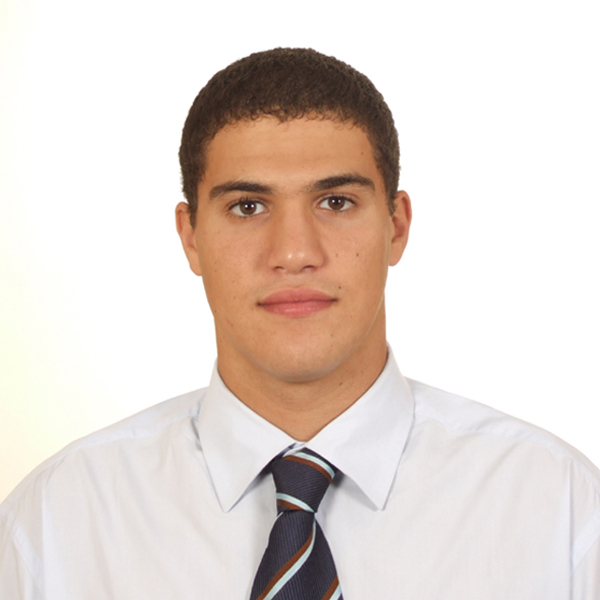By Philip Whitfield
CAIRO: Comedy or tragedy, the bane of Shakespeare’s enthralling drama “Much Ado About Nothing”. As in the Cairo performance deception is the heart of the matter. Deceit is weaved so closely into Shakespearean drama that it becomes second nature to its characters.
Egyptians have waited interminably to watch Hosni Mubarak arraigned in court. Act One, Scene I opens with police trickery. An ambulance is used as a decoy to fool the TV cameras. Instead of transferring Mubarak into the makeshift courtroom, it disgorges unidentified heavyweights.
There’s a collective noun (a gaggle of geese) for advocates: an eloquence of lawyers. They collect around the cage.
Counterfeit words are the essence of Much Ado (nothing is a pun on noting, such as messages, eavesdropping and spying). The nation awaits the lawyerisms. And they’re not disappointed.
Cameras pan to an outdoor screen with images of the cage awaiting Mubarak and his co-defendants. We see rock-throwing Mubarakites trying to destroy the screen and others lobbing bricks at families of martyrs.
Inside, the benches fill up with lawyers and handpicked journalists and pro-democracy supporters. They amble around, chitter-chatting with the cops as casually as if they were waiting for a taxi driver charged with double parking.
A cop with three pips on his braid opens a door behind the cage. The former minister of the interior Habib El-Adly wearing convict’s blue; Gamal and Alaa Mubarak and the bit-players in the white tracksuits afforded to the unconvicted.
At 10:01 Mubarak is wheeled in lying on a hospital stretcher. He’s surprisingly pudgy, picking his nose. A commentator says he appears to be in full control of his faculties. As the proceedings wear on, he becomes increasingly engaged, crooking his index finger towards his boys to draw them into conversation.
Commentators remark he looks pretty good. Mubarak lies to the right of his sons. As the morning progresses Mubarak becomes more and more engaged in the lawyers’ arguments, beckoning Gamal and sometimes Alaa to his ear.
Their body language is confrontational. Gamal mostly keeps his arms across his chest, his hands tucked in the classic psychological defensive shield, blocking out the outside world. Crossed arms also betray anxiety, lack of trust, internal discomfort and vulnerability.
Alaa clutches a Quran. His hands are clasped at the waist, his tight fists indicating hostility.
Meanwhile the president of the three-judge panel, Ahmed Refaat, spectacles resting on the end his nose, is bent on convincing the world the trial will not be a sham. First the lawyers are checked out to ensure everyone is registered.
They stand like commuters waiting for their turn to get on to the bus. They jostle to attract the judge’s attention and be heard. Most get their chance.
Those denied the right to represent victims will be given the opportunity, Judge Refaat pronounces.
As the lawyers begin distancing their clients from El-Adly, demanding separate trials, a BBC commentator Abdullah Homouda points out that El-Adly’s lawyers, too, are trying to save his own skin.
El-Adly’s lawyer wants his client charged in a separate session. El-Adly will either lay the responsibility on the other defendants or Mubarak himself, Homouda says, echoing Don Pedro in Much Ado: In time the savage bull doth bear the yoke.
All’s Well That Ends Well? So far, yes, according to TV’s qualified Cairo pundits.
Najeeb Al-Naumi, who represented Sadam Hussein says Mubarak isn’t looking as frail as people expected. He says it’s a trick by Mubarak to gain sympathy.
The prosecution has done its homework, Abdullah Homouda says. The charge sheet identifies specific victims, which means, he says, they will have the precise causes of death, such as bullets that can be traced back to the shooters.
The public prosecutor will establish the chain of command, charging Hosni Mubarak as an accessory with El-Adly with intentionally killing peaceful demonstrators right across Egypt, not just in Cairo.
The prosecutor said Mubarak allowed them to use firearms and vehicles to assist the police to perpetrate the crime and furthermore monitored and followed up the killing of protesters and continued to absolve them and to prevent them stopping their assault.
Some police officers, the prosecutor said, fired their side arms against one of the demonstrators and with the agreement of El-Adly they continued to kill the victims whose names are listed in the indictment, he said.
So far as corruption is concerned, the prosecutor said the Mubaraks had benefitted from illegally purchasing five villas on two million square meters of prime Sharm El Sheikh land at knock down prices and conspired with the minister of petroleum to sell Israel natural gas at a cut price rate for their benefit.
You have heard the charge pressed against you, the judge said looking towards Mubarak.
The response came loud and clear through a microphone: I deny all these charges and accusations categorically.
Shakespeare put it well, describing the seven ages of man.
All the world’s a stage
And all the men and women merely players
They have their exits and their entrances
And one man in his time plays many parts…
Philip Whitfield is a Cairo-based commentator.


